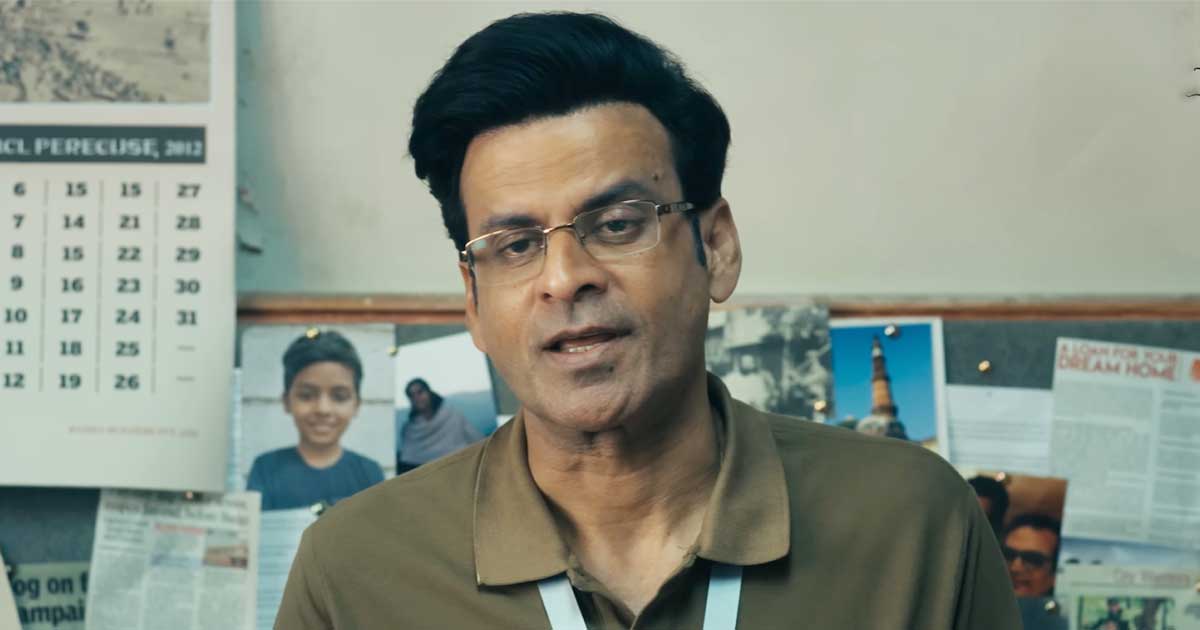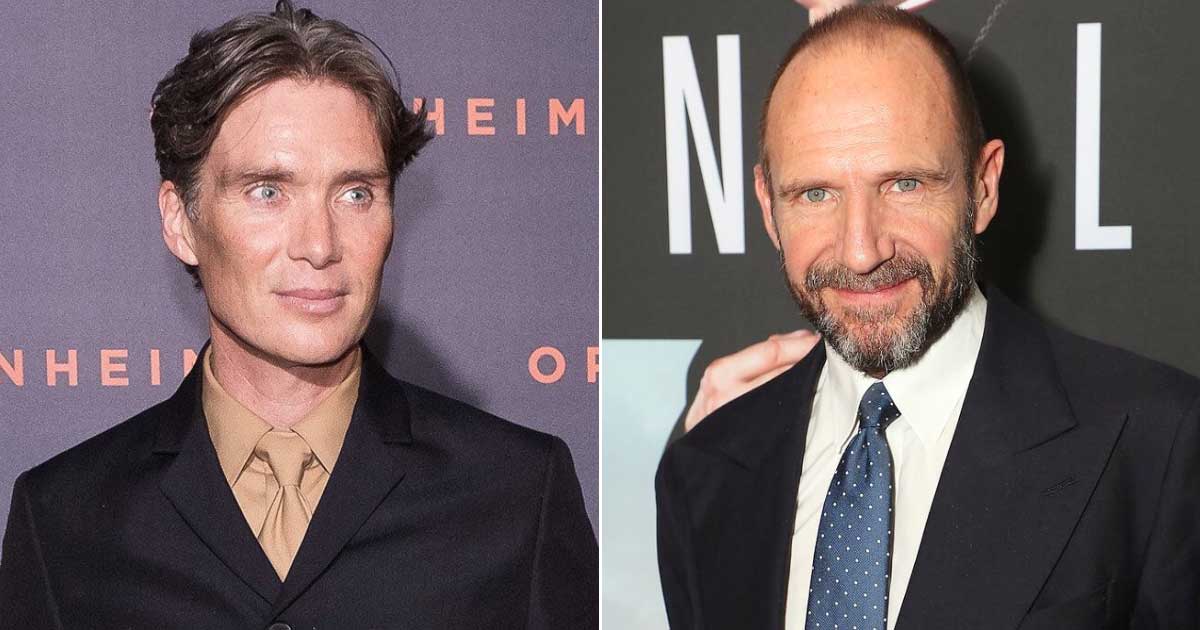“[The soldiers] fought for nights of peace for the new China, with their blood and their lives,” the post said.
Although China suffered much heavier casualties than the US, coalition forces were pushed back to the 38th parallel, ensuring that the Korean border was largely unchanged when the fighting ended almost three years later.
Beijing, which calls the conflict on the Korean peninsula the “war to resist US aggression and aid Korea”, attaches special importance to the battle, hailing it as a key victory over US forces.
In another video, which was picked up by multiple state media outlets, including China Daily and state broadcaster CCTV, foreign ministry spokeswoman Mao Ning is shown explaining the battle.
“During the battle, the enemy forces lost 36,000 troops, including 24,000 US troops that contained an entire US regiment. Walton H Walker, commander of the US Eighth Army, lost his life after his truck rolled over in an accident. Then US Secretary of State Dean Acheson called the result of the battle ‘the longest retreat in US military history’,” she said.
Mao made the remarks at a press conference in April to refute South Korean President Yoon Suk-yeol’s description of the battle to US Congress the day before.
In that speech, Yoon said that over the past century, the US had faced many threats and challenges but had always led the world in defence of freedom, and that at the Battle of Lake Changjin, the US 1st Marine Division miraculously broke through a wave of 120,000 Chinese troops.
The social media posts featuring the video of Mao were flooded with comments supporting her account of the battle.
“An evening of peace isn’t given by Santa Claus, but traded by many martyrs with their lives and blood,” one commenter said. “We must show respect to the heroic Chinese soldiers.”
Christmas is not a public holiday in China, which is home to 68 million Christians, who account for 5 per cent of its population. However, it has become a popular holiday among young people since the 1990s.
With the rise of online nationalism and a boycott of Western cultural values, there have been yearly calls – sometimes from authorities – discouraging the Chinese public from celebrating Christmas.
This year, a few schools sent out notices boycotting the holiday. The Shengli Elementary School in the northeastern city of Harbin called for students and parents to “promote Chinese traditional holidays” and avoid giving each other gifts at school or decorating classrooms.
Another junior school in Yuzhou in the central province of Henan said instead of celebrating Christmas, students should commemorate the birth of the late chairman Mao Zedong, who was born on December 26, 1893, by reciting his poetry and writing essays.







